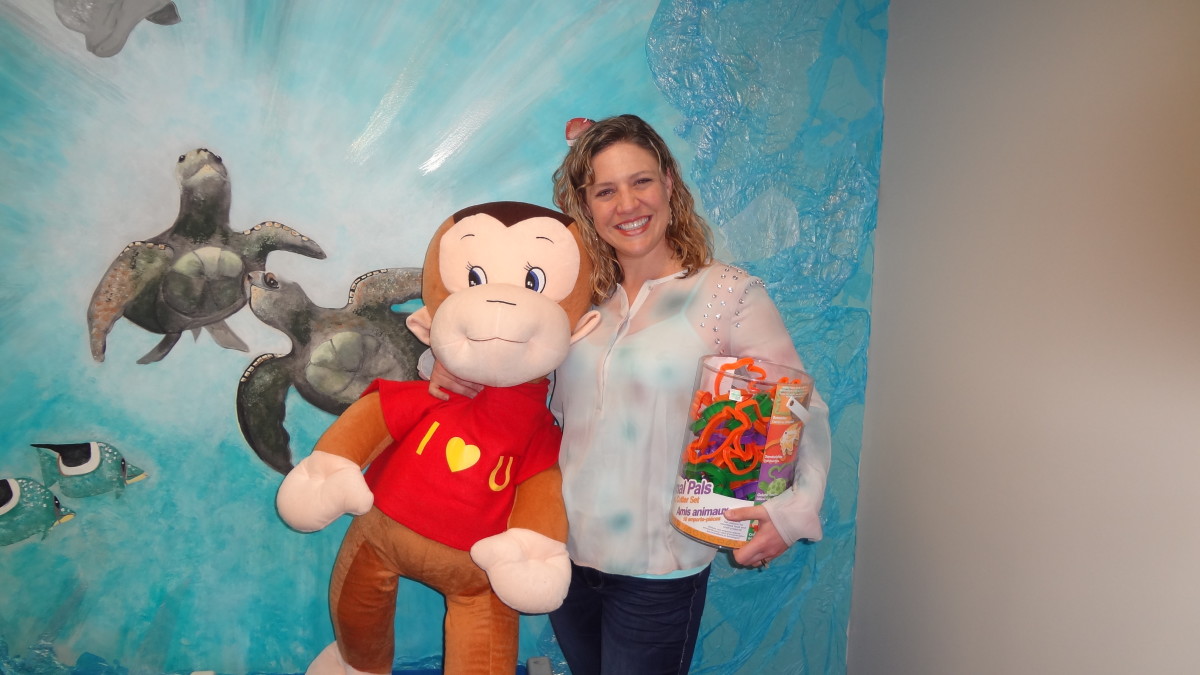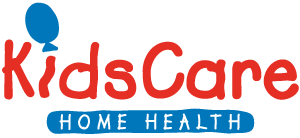
You’ve spent the last years of your life in a lab littered with toys. You can speak with other students completely in abbreviations, and your friends and family ask you to assess their children. Too bad you’ve already done it without them knowing.
You’re a Speech Therapist, and you’ve given so much of yourself to learn how to become a full-fledged Speech Language Pathologist.
The reasons for starting the program are as different as the people you met throughout. Some come from a line of child-centered families. Some of us were in speech ourselves and know first-hand how much of a difference a little work can make. Whatever the reason, you’ve made it, with all the credentials, privileges, and letter C’s after your name that someone of your caliber deserves.
The fact that you’re going to do therapy is given. You’ve fallen in love with the kids you’ve worked with and know you want to get into pediatrics. But, now there looms a question you may not have prepared for. In fact, all programs will address how to do Speech Therapy, but they don’t always talk about the options of where.
A good portion of us will go into the Public Schools. A safe and in-demand environment, you won’t go into this position for the earning potential. As educators are fond of saying, the three biggest reasons anyone goes into teaching are June, July, and August. Those summer months will be a plus, especially if you have kids of your own. But, the biggest downfall of Speech Therapy in public education is in the sheer volume of need. Because of the current state of public education, a Speech Therapist in a Texas public school will have an average caseload of almost twice that of their private-sector peers. Especially when taken on a dollar per session ratio, public schools tend to pale in comparison to other ventures.
An even larger group will find themselves in private clinics after being handed their diplomas. Whether it’s working out of a hospital, an independent clinic, or some other venue, this seems to be an in-between of home health and public schools. You don’t have as much of an overwhelming caseload that many Speech therapists in public schools have, you have the financial compensation in the private sector (which tends to be much better than that of government employees), and schedule flexibility is a little bit better.
And while pointing out these benefits may make pediatric clinic and home health seem to be very similar, there is one deciding difference between them. For just a moment, think back to your labs with the white-washed walls and recycled air. Return to your practicum in an overcrowded and emotionally charged outpatient ward. Remember how many times a parent said that the tests aren’t showing what they should. A patient is scoring much better than what they actually show, and won’t qualify. A child is too upset, nervous, or uncomfortable to make any progress in a sterile, synthetic environment. They’re not at ease, they’re not in their element, and they’re not home.
Just as we learn more about any creature in their natural habitats than we would in a zoo, factors can reveal themselves in the home that are just not able to transfer into a clinic. Getting to the clinic can pose an obstacle for many families. Babysitters, time off from work, and financial difficulties pose more of a problem than most people would readily admit. In some cases, it is even medically infeasible to transport the patient to a clinic. Home health was created to give these children a decent, fighting chance at obtaining this much-needed therapy, despite prohibitive circumstances.
[cta title=’Download our FREE Guide to Writing the Perfect Resume!’ url=’https://kidscarehomehealth.com/downloads/download-our-free-guide-to-writing-the-perfect-resume/’ align=’right’]
Home health therapists not only provide much-needed care, but also a very personalized care. In many clinics, parents are not allowed to participate or give input in sessions and their child is but one appointment in a packed schedule. Therapy plans are a one-size-fits-all and the materials and toys are used from the first scheduled block of the day to the last.
When you take the time to go to a kid’s home, parents are able to participate and involve themselves into the therapy process. We know that issues with speech or language last much longer than two sessions a week, and by showing and educating parents about what can be done every day we see a vast improvement in the success rate of reaching goals. Kiddos are comfortable playing with their own toys, and are taught how to play with them in a constructive way.
When a Speech Therapist pulls up to a kid’s house and knocks on the door, they’re doing much more than entering a patient’s home. They’re entering a kid’s life, and they’re showing, encouraging, and culturing the growth of that child toward a potential that, sometimes, no one but the Therapist can see.
Some people may say that home health is not for them, and I couldn’t agree more. Speech Therapy in the home isn’t for the therapists, or the three months you get off, or an easy drive to work. Home health is for the Child, for getting the best out of therapy, and getting the best out of ourselves in the process. This is why we take the time and effort, and choose to go into pediatric home health.
If you haven’t made up your mind yet, and you want to get a taste of the working environment, KidsCare Home Health is a leading Home Health Pediatrics company in several locations across Texas that offers no-obligation ride-alongs to those who are seriously considering a career in this rewarding field.















